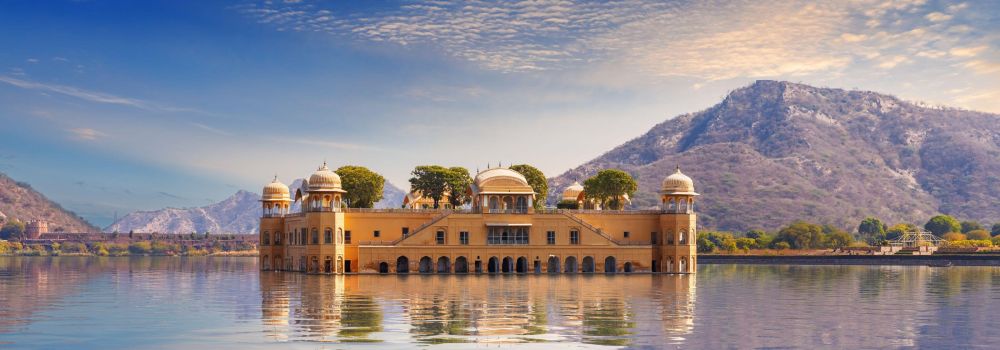

Jaipur, the capital city of Rajasthan, India, is known for its rich culture, history, and majestic architecture. It has been a significant tourism hub for both domestic and international travelers for many years. The history of tourism in Jaipur is closely tied to the city's heritage as a center of royalty and commerce.
The city was founded in 1727 by Maharaja Sawai Jai Singh II, the ruler of Amber, and it became the capital of the princely state of Jaipur. With its well-planned streets and artistic architecture, Jaipur was designed following Vastu Shastra, attracting visitors from all over the world even in its early days. The city's beauty and its significance as a center for trade and culture laid the initial groundwork for the development of tourism.
In the 19th and early 20th centuries, Rajasthan's royal families began opening their grand palaces to the public, a trend that marked the beginnings of heritage tourism in Jaipur. The concept of heritage hotels was introduced, with many of these palaces being converted into luxurious stays for tourists wanting to experience royal lifestyles.
Post-independence, the Indian government recognized Jaipur's potential as a tourist destination and made significant investments in infrastructure and preservation of historic sites. By the latter half of the 20th century, Jaipur became a staple in the famous Golden Triangle circuit, a tourist route which also includes Delhi and Agra.
Jaipur's tourism industry saw a boost with the city being listed by UNESCO as a World Heritage Site, further promoting its palaces, forts, and other historic buildings. Promotional campaigns by the Department of Tourism, art festivals, and cultural events also play a vital role in Jaipur's tourism appeal.
In recent years, sustainable and responsible tourism practices are on the rise, reflecting a global trend in tourism. Visitors are more aware of the environmental and cultural impacts of tourism, and there's a growing demand for experiences that are authentic and eco-friendly.
Aside from historical tourism, Jaipur is becoming known for its vibrant festivals, such as the Jaipur Literature Festival and Jaipur International Film Festival, which attract a new wave of intellectual and cultural tourism.
Jaipur continues to charm travelers with its enchanting history, stunning architecture, and bustling bazaars. As tourism evolves, the city adapts, offering a blend of traditional and modern experiences to satisfy the diverse interests of tourists from around the globe.